A Brooklyn federal judge on Friday sided with Vans and banned all future sales of Tyga‘s “Wavy Baby” sneakers, ruling that they likely violated the sneaker company’s trademarks.
Two days after a key hearing, U.S. District Judge William F. Kuntz issued a temporary restraining order blocking a New York art collective called MSCHF from continuing to sell the sneaker – a surreal, warped version of Van’s classic Old Skool sneaker launched in collaboration with Tyga on April 18.
Vans sued MSCHF earlier this month, calling the Wavy Baby “blatant trademark infringement.” MSCHF argued back that the shoe was a work of art protected by the First Amendment, but Judge Kuntz was unswayed.
“Despite defendant’s assertions the Wavy Baby shoes belong in museums and galleries for exhibition, the production of 4,306 pairs of shoes places the Wavy Baby shoes on a mobile footing vastly different from one found at the Brooklyn Museum,” the judge wrote.
MSCHF had argued that the shoe was a parody, designed to comment on “sneakerhead” culture. But in Friday’s injunction ruling, Judge Kuntz said he – and, more important, consumers – didn’t quite get the joke.
“Whatever the actual artistic merits of the Wavy Baby shoes, the shoes do not meet the requirements for a successful parody,” Judge Kuntz wrote. “While the manifesto accompanying the shoes may contain protected parodic expression, the Wavy Baby shoes and packaging in and of themselves fail to convey the satirical message.”
The injunction was relatively harsh. Since MSCHF argued that nearly all of the Wavy Babys had already been sold and shipped, Judge Kuntz ordered the company to place any funds earned from the brand into escrow so they could be potentially returned to any customers. He also ordered MSCHF to cancel or reverse any orders it could.
In a statement to Billboard, MSCHF’s attorney Megan K. Bannigan vowed that the company would fight on, saying the decision entirely omitted key legal precedents. “The court’s decision fails to recognize MSCHF’s First Amendment rights to artistic expression, regardless of the particular medium or form of that expression,” Bannigan said. “MSCHF will continue to litigate this case, including through all available appeals, to secure its and all artists’ freedom to make their art.”
Tyga announced the Wavy Baby in an April 6 post on Instagram, sparking plenty of buzz but also immediate comparisons to Vans. Footwear News said the shoe “appears to be loosely based on the classic Vans Old Skool” that had been altered with a “wave-like aesthetic.” The site HighSnobiety went bolder: “MSCHF & Tyga’s Insane Skate Shoes Look Like Liquified Vans.”
Three days before the shoes were set to drop on April 18, Vans filed suit – claiming MSCHF’s sneakers violated its trademark rights and demanding an immediate restraining order. Citing its own efforts to collaborate with artists and riff on its own designs, Vans argued that consumers would think Wavy Baby was an authorized product, not a parody by a separate company.
MSCHF fired back with interesting arguments. It admitted that the Wavy Baby was based on the Old Skool, but said it had a legal right to use the shoe as “the cultural and physical anchor when creating its art.” The company said it wanted to critique “consumerism inherent in sneakerhead culture” and “the phenomenon of sneaker companies collaborating with anyone to garner clout and shoe sales.”
It also stressed that there was no need for a temporary restraining order since all roughly 4,000 pairs of the Wavy Baby had already been sold and the company had no plans on selling more in the immediate future.
Those arguments clearly didn’t persuade Judge Kuntz. Despite MSCHF’s changes, he said the two shoes had “striking visual similarities,” and that “multiple independent sources” had been confused about whether Vans was involved in the project. He also didn’t buy the company’s promises about future plans.
“Defendant failed to make any representations it will not continue to produce iterations of the Wavy Baby shoes following the conclusion of the present litigation for one reason: it intends to precisely that,” Judge Kuntz wrote.
The ruling not only bans MSCHF from selling more of the Wavy Baby, but it also strongly indicates that the company will lose the case when it is fully litigated, which could subject the company to damages. That could lead to a quick settlement – a common outcome in trademark cases after such early-stage rulings. For instance, after losing a similar ruling to Nike last year over Lil Nas X’s “Satan Shoe,” MSCFH quickly struck a deal to end the dispute. If the case doesn’t settle, the case will move into discovery and toward an eventual jury trial.
[flexi-common-toolbar] [flexi-form class=”flexi_form_style” title=”Submit to Flexi” name=”my_form” ajax=”true”][flexi-form-tag type=”post_title” class=”fl-input” title=”Title” value=”” required=”true”][flexi-form-tag type=”category” title=”Select category”][flexi-form-tag type=”tag” title=”Insert tag”][flexi-form-tag type=”article” class=”fl-textarea” title=”Description” ][flexi-form-tag type=”file” title=”Select file” required=”true”][flexi-form-tag type=”submit” name=”submit” value=”Submit Now”] [/flexi-form]
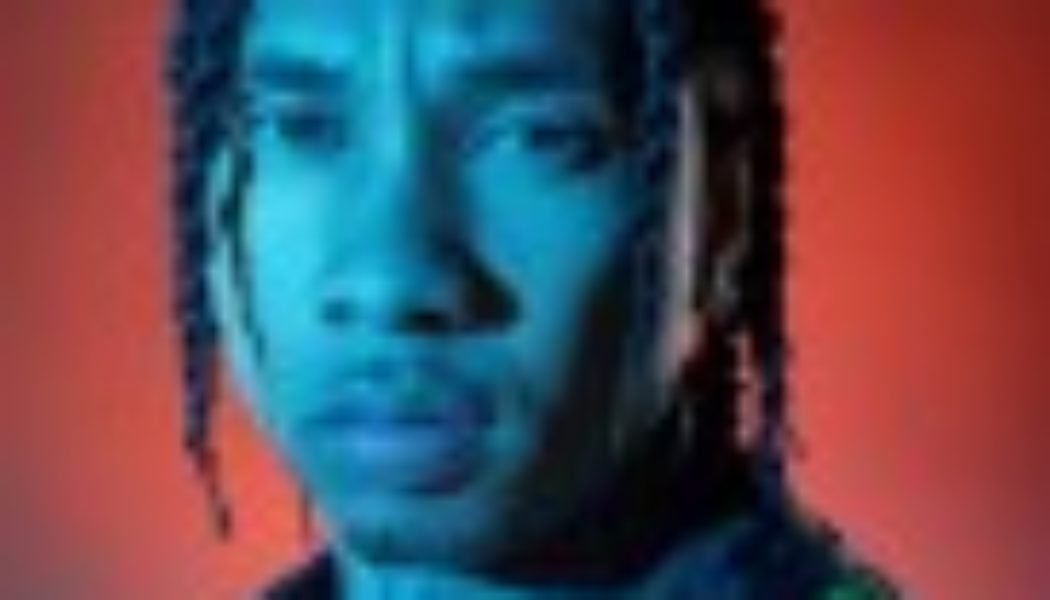

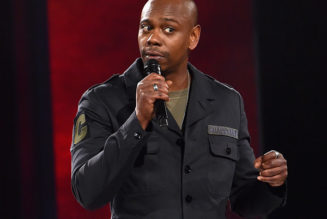


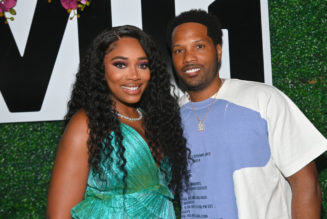
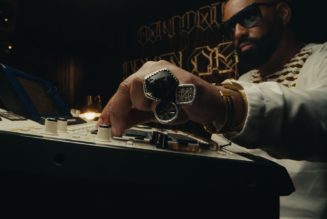

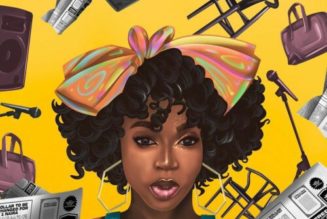


Tagged: business, entertainment blog, Legal, music blog, Vans, Wavy Baby